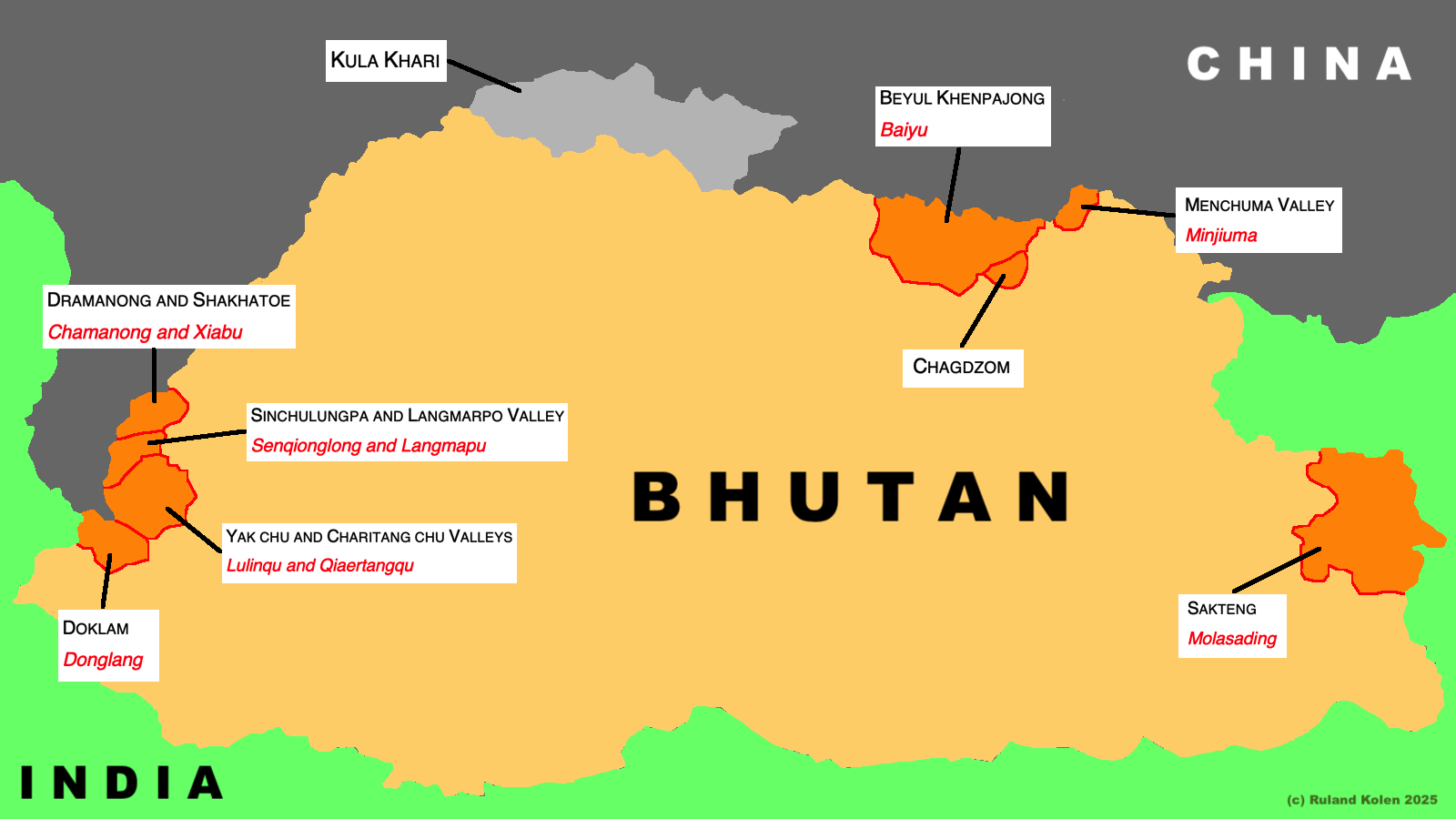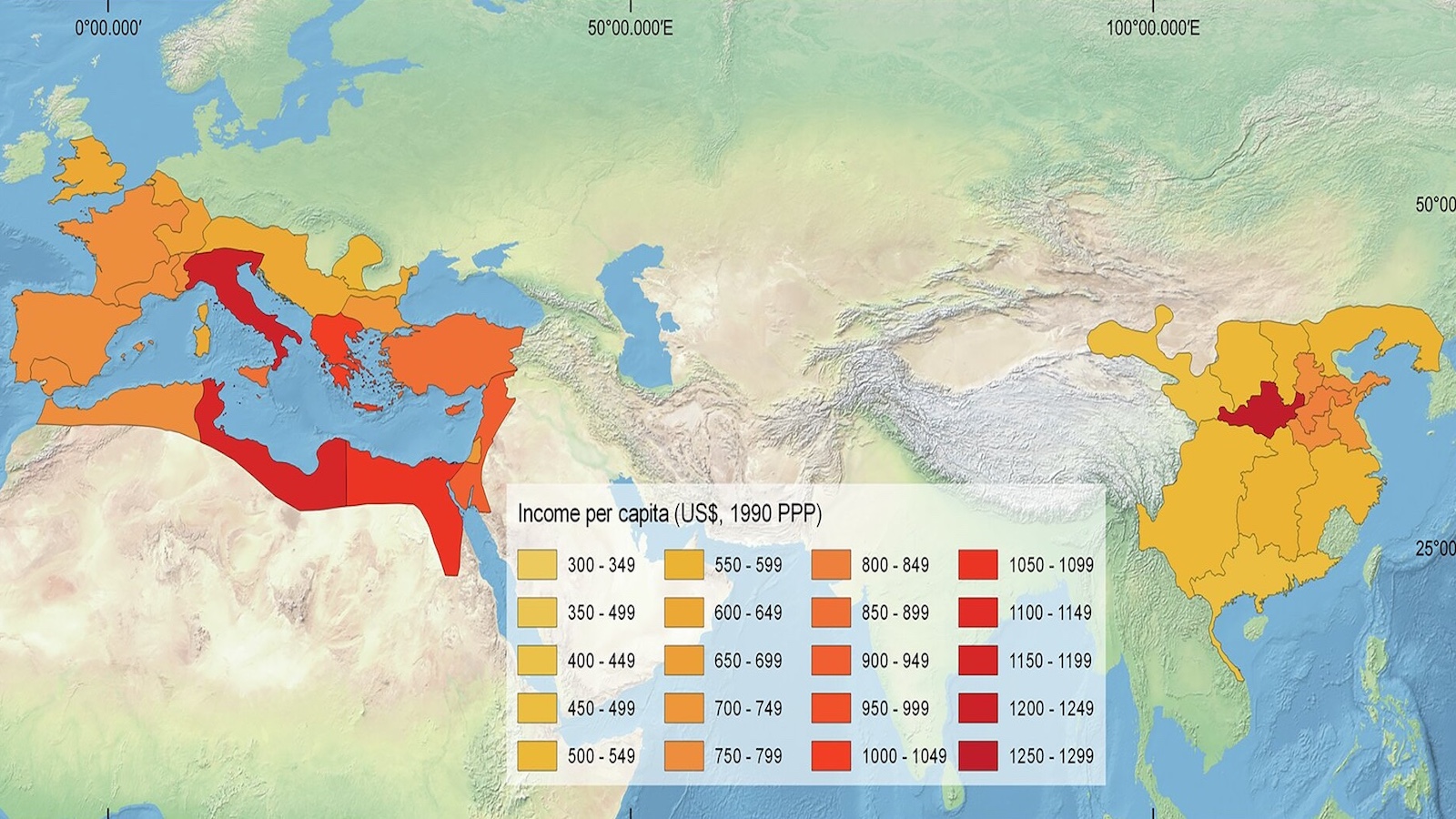The journalist analyzes China’s far-reaching role in Africa’s mineral sector.
Question: What are the positive and negative impacts of China’s work in Africa?
Richard Dowden: Well, the positive one, obviously, is that they want Africa’s minerals.
And I was quite amused when this started because the big mining companies, I felt, they were treating Africa like it was a pudding that was too hot to eat. Nevermind, we’ll leave it ‘til later. No one else is going to come and eat it. So even it’s a bit hot at the moment, wait ‘til it cools down, then we’ll pick it up.
And suddenly, the Chinese had come in and were going places where they had feared to tread. And they had to move fast. I mean, it was very funny to watch these guys who close mothball to mine here. Some will be rushing back in because the Chinese are there. So that, I think, was great. And that’s very positive.
The negative side is that the Chinese companies have no interest at all in democracy, in human rights. You are the government. I deal with you. And we don’t ask any more questions. And it’s very bad for governance in Africa; it can really undermine democracy.
I think what’ll happen there is that the Chinese will find, like everyone else, when you move in to Africa, it’s wonderful to start with, and it’s very welcoming and it looks easy. And gradually, Africa pushes back. So they’re going to have to know what’s going on under the surface and adapt. And they going to have to get involve in the politics, like them or not. So I think that’s the downside of China and Africa.
And the other one, of course, is it’s, at home, its standards of environmental and sort of social action are very low. If they don’t do it at home, why should they do it in Africa? So, I think, that will also create a lot of problems as well.
The biggest cultural one, to me, is this sort of Chinese work ethic. And the problems in Zambia, the year before last. The Zambians were just not use to people working all night and things like that. I mean, just absolutely. And that’s why the Chinese like to bring their own workers in. And, I think, that will also create problems, where you got huge areas of unemployment.
A road being built and the Chinese say no, we’ll only employ our own people. I think that’s going to be problematic as well.
I’m quite optimistic about this because I think that the Chinese are desperately concerned about their own image. If there are problems, where they’re working, I think they will respond to them, hopefully, in a deep, positive way and not just to try to paper it over.
I think they will realize that their reputation means a lot to them. And if they seem to be replicating what the colonialist did, they will change course and do things differently.
Recorded: March 16, 2009





